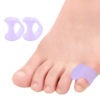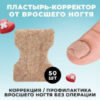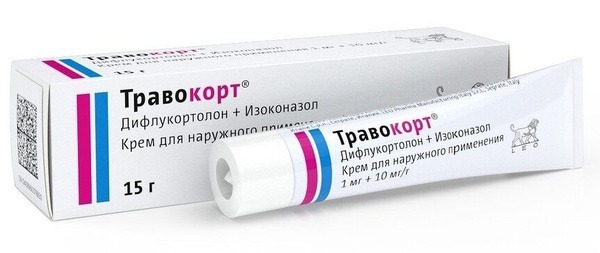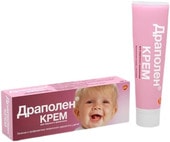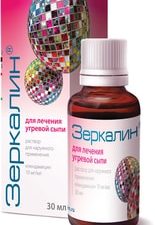Title Options:
- Home First-Aid Kit Essentials: Treating Fungal Skin Infections
- Effective Home Treatment for Fungal Skin Infections
- Managing Fungal Skin Infections: A Guide to Home Treatment
- Home Remedy for Ringworm, Athlete’s Foot & Other Fungal Infections
Meta Description Options:
- Learn how to effectively treat common fungal skin infections like ringworm, athlete’s foot, and candidiasis at home. Discover when a home remedy, like Travocort (if available), may be suitable and when to consult a doctor.
- Suffering from a fungal skin infection? This guide covers home treatment options, including the use of Travocort (where applicable), duration of treatment, and when to seek professional medical advice.
- Find relief from itchy, inflamed fungal skin infections. This guide provides information on home treatment strategies, including the potential use of Travocort (if available) and important considerations for successful management.
- This guide offers valuable insights into home treatment for fungal skin infections, emphasizing when a topical treatment like Travocort (where applicable) might be appropriate and when to consult a healthcare professional for more advanced care.
Body Text (English):
Treating fungal skin infections like ringworm, athlete’s foot (tinea pedis), jock itch (tinea cruris), and candidiasis can be challenging. While a doctor’s visit is always recommended for diagnosis and personalized treatment, some topical remedies may offer relief for mild to moderate cases.
Travocort (if available in your region and prescribed by a doctor), is a topical cream sometimes used to treat fungal infections accompanied by inflammation or eczema-like symptoms. It’s crucial to understand that Travocort is not a substitute for a proper medical diagnosis. Always consult a healthcare professional before starting any treatment.
How to use Travocort (if prescribed):
Apply a thin layer of Travocort to the affected area twice daily, unless otherwise directed by your doctor.
Treatment Duration:
Continue treatment until the inflammation or rash subsides. Treatment should not exceed two weeks. If symptoms persist after two weeks, or if the infection worsens, discontinue use and seek medical attention. Your doctor may then recommend an alternative antifungal medication.
Important Considerations:
- Self-treating can be risky. Incorrect diagnosis or treatment can worsen the infection.
- See a doctor for persistent or severe infections. This is especially important if you have underlying health conditions or experience significant discomfort.
- Follow your doctor’s instructions carefully. Do not exceed the recommended dosage or duration of treatment.
- Maintain good hygiene. Keep the affected area clean and dry to prevent further spread.
This information is for educational purposes only and does not constitute medical advice. Always consult a healthcare professional for any health concerns or before starting any new treatment.
 Free worldwide shipping on orders $99+
Free worldwide shipping on orders $99+  US: temporary delays — postal services aligning new import rules,
US: temporary delays — postal services aligning new import rules,  EU: 1–2 weeks,
EU: 1–2 weeks,  Worldwide: 1–4 weeks
Worldwide: 1–4 weeks 

